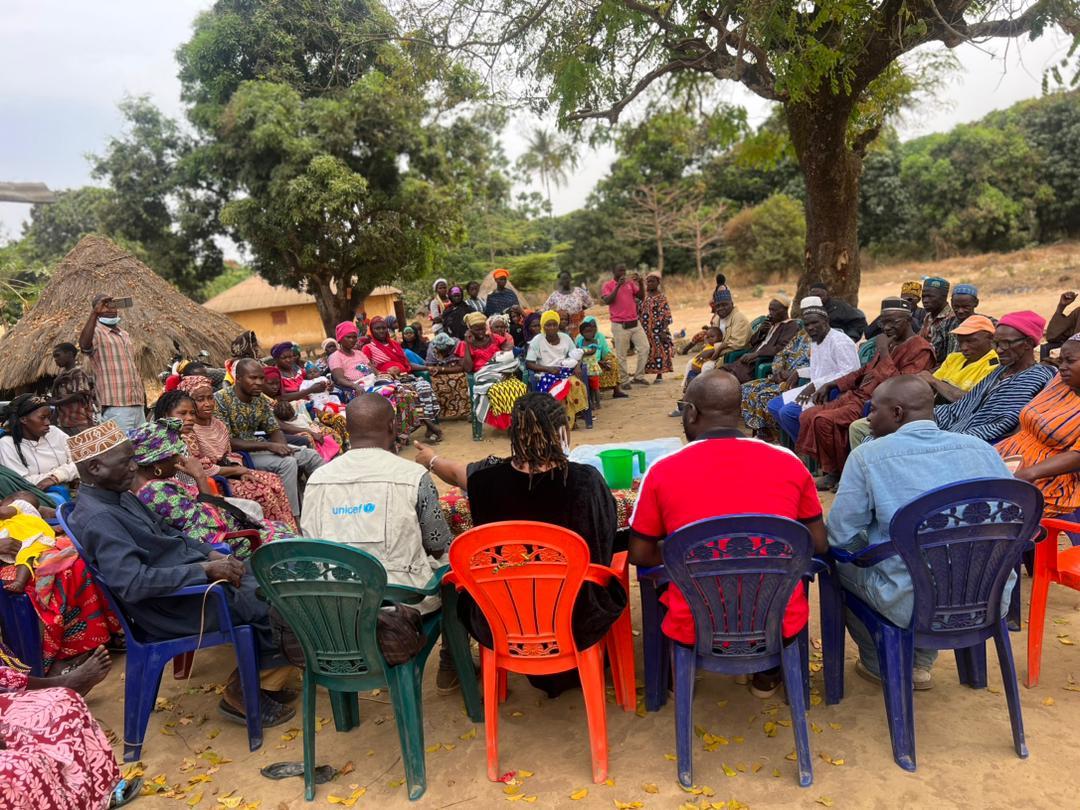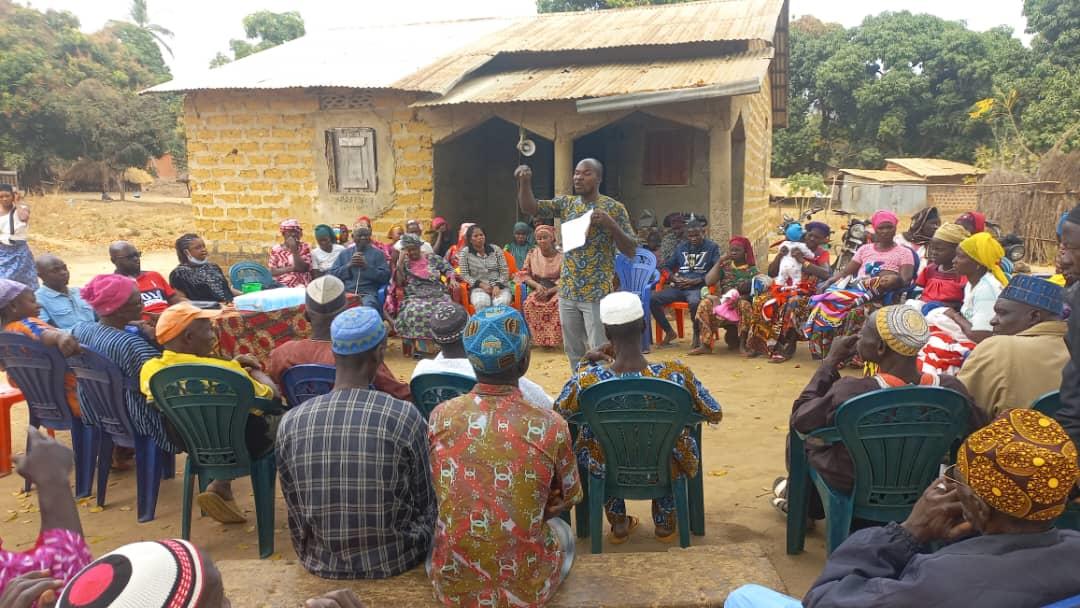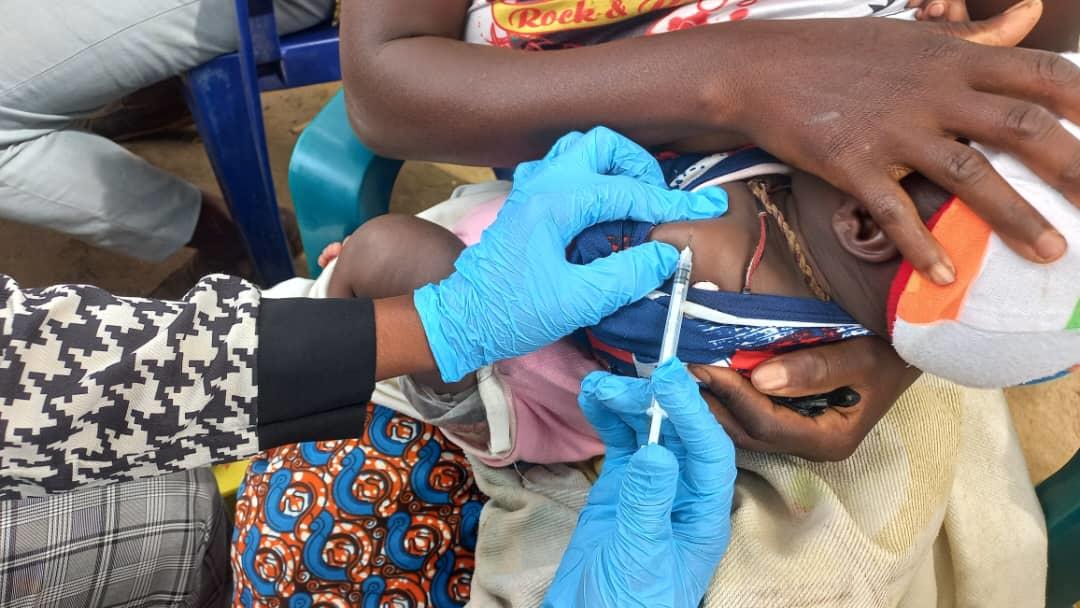Under the Village Tree: Overcoming Vaccine Fears in Kindia, Guinea
In Kindia, Guinea, community fears about vaccination were addressed not through traditional top-down approaches, but through genuine grassroots dialogue. Beneath the village's communal tree, health workers, elders, religious leaders, and mothers openly confronted misinformation, turning a space for discussion into a powerful catalyst for trust. Mariama Diallo's personal journey from vaccine hesitancy to confidence exemplifies the transformative impact of listening, empathy, and local voices in overcoming resistance and protecting children's health.
In the small village of Kanti, within the Kindia health district in Guinea, misinformation about vaccines was spreading rapidly, causing many parents to hesitate in vaccinating their children against polio. Mariama Diallo, a young mother of three, was among them, deeply concerned by rumors claiming vaccines caused illness or even sterility.
One morning, under the large, shady tree that had long served as a community gathering spot, a unique dialogue began. Health workers, respected village elders, religious leaders, and mothers who had vaccinated their children assembled to openly discuss community fears.
"Brothers and sisters," began the local imam gently, "we’re here today not to impose decisions but to listen, understand, and address your concerns."
An elderly woman voiced the community’s prevalent worry: "We heard the vaccine can make children sterile. Is this true?"
Calmly and reassuringly, Dr. Fatoumata, a local health worker, replied, "No, that’s not true. Millions of children in Guinea and worldwide have received this vaccine and are growing healthy. We also have mothers right here, like Aissatou, who vaccinated their children and can tell us their experiences."
Stepping forward, Aissatou, Mariama Sylla’s neighbor, shared her story: "I was afraid at first. But after vaccinating my first child, he remained healthy. Today, all three of my children are vaccinated, and I feel confident about their well-being."
Encouraged by such testimonies, Mariama listened closely as more people voiced their questions and received clear answers. Slowly, her apprehensions faded. When the vaccination team returned days later, Mariama confidently brought her child forward for vaccination under the supportive gaze of village elders.
"I’m glad I joined this dialogue," she shared with Dr. Fatoumata. "Now, I know I’ve done the best thing for my child."



Through these regular community discussions beneath the familiar village tree, Kindia’s residents gradually embraced vaccination, protecting countless children from polio.
Mariama’s experience highlights the power of dialogue and education in addressing misinformation and building trust. By creating safe spaces for honest conversations, communities become empowered, ultimately safeguarding their children's health and future.
Story by By Karim Sylla and Jeconias Mbaihingam, SBC Polio, UNICEF GUINEA
Edited by Daria Shubina, UNICEF Polio SBC Knowledge Management Specialist
Photo credit: © UNICEF Guinea/2025

